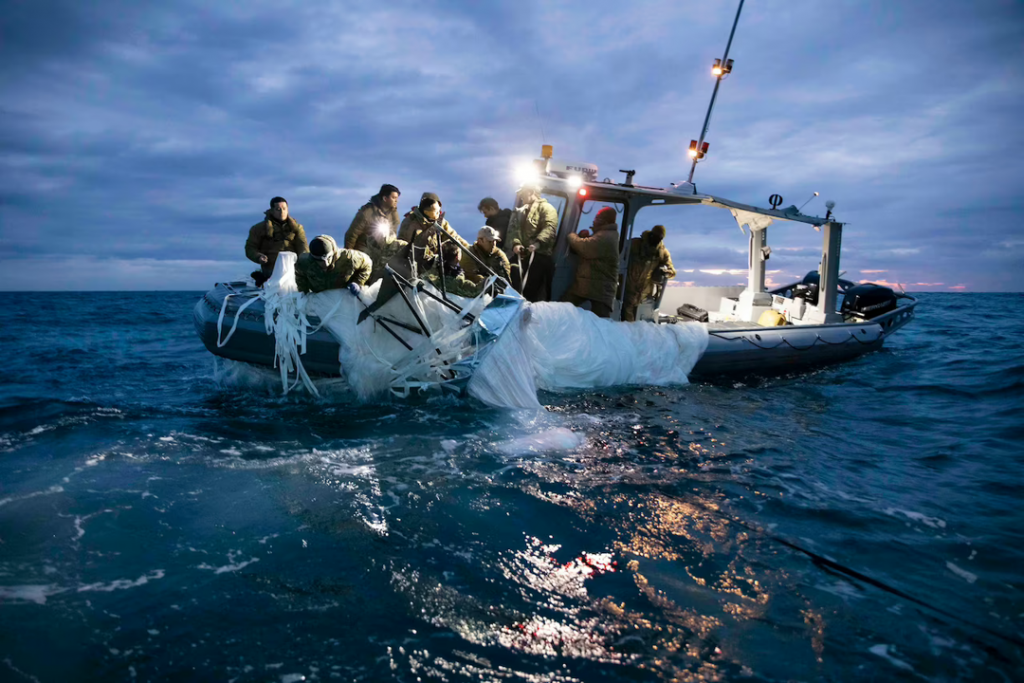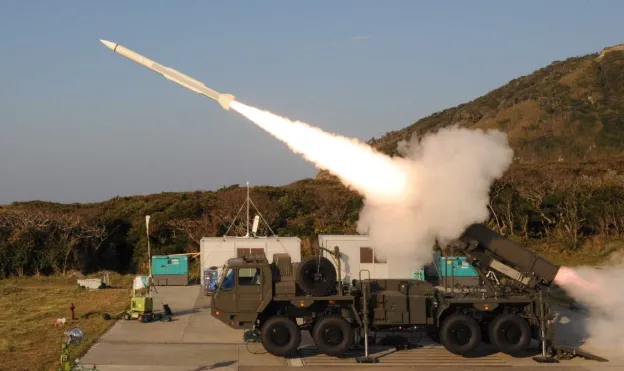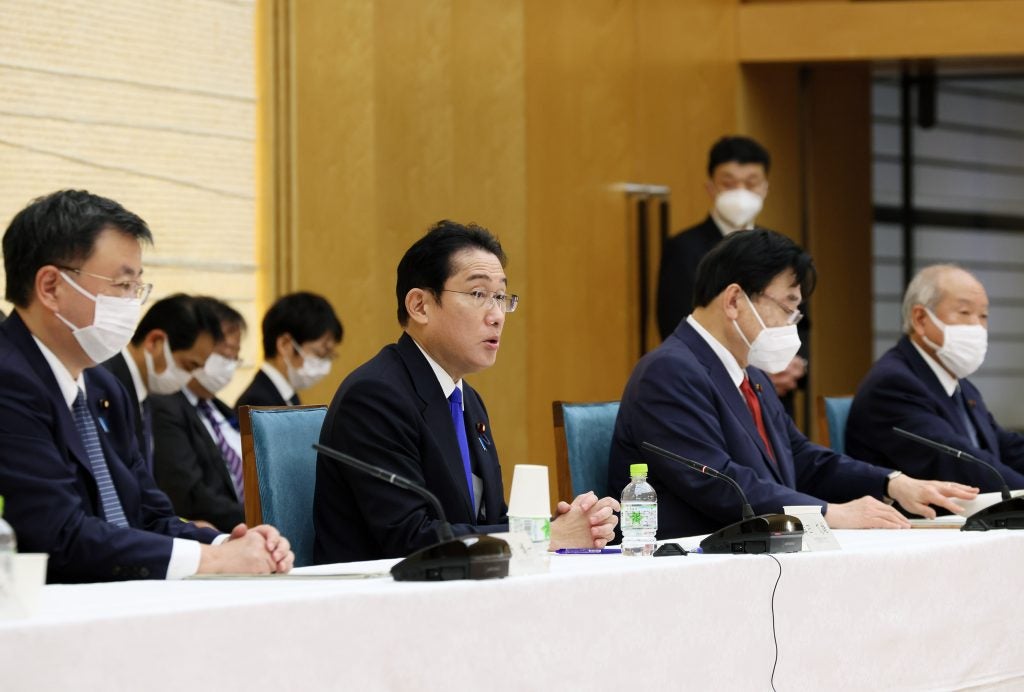Japan Moves to Relax Rules for Firing on Aircraft Violating Airspace
On Thursday 16 February, Japan’s ruling coalition approved the government’s plan to ease rules for firing on aircraft violating Japanese airspace. Japanese media reported that Liberal Democratic Party lawmakers claimed that the plan “would enable the Self-Defense Forces to fire weapons to secure the safety of air traffic and protect the lives and properties of people on the ground”. Details have so far been scarce, but it is expected that the rules will be adjusted by reviewing operations rather than through legislative action. The revised rules should address the problem with current laws that remain focused on manned aircraft and do not adequately consider the threat that unmanned craft like drones and balloons can pose to the country’s security.

The issue had come to prominence in Japan as a consequence of the Chinese spy balloon incident in North America. After an American F-22 downed the first Chinese spy balloon over the Atlantic on 4 February, speculation began that mysterious objects previously seen flying over Japan may have been Chinese in origin. On 14 February, the Japanese Ministry of Defense published a statement claiming that, upon review, it is most likely that at least three unidentified flying objects detected by Japan in 2019, 2020 and 2021 respectively were likely Chinese spy balloons:
“After an analysis of certain balloon-shaped flying objects that had been confirmed in Japan’s airspace in the past, including those in November 2019, June 2020 and September 2021, we have concluded that said balloons are strongly suspected of having been unmanned surveillance balloons flown by China”

The Japanese government made its intentions to update the rule of engagement on Wednesday the 15th. On the same day, Chinese Foreign Ministry spokesperson Wang Wenbin mildly criticized the Japanese response to the balloon incident. The official stated that Japan “should adopt an objective and just position, […] view this unexpected incident caused by force majeure in the right way, and stop following the U.S.’s suit in dramatizing it.”

